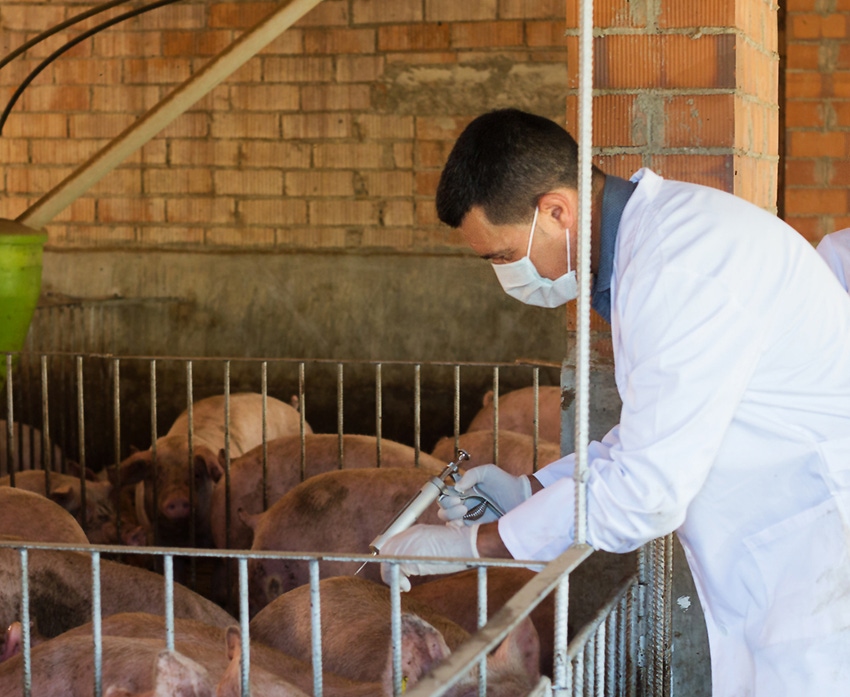NPPC joins global antibiotic resistance challenge
NPPC will provide pork industry knowledge and scientific evidence to inform the development of the standards on antibiotic residues.
September 26, 2018

The National Pork Producers Council has joined more than 100 public- and private-sector U.S. organizations in a global initiative known as the “AMR Challenge.” The challenge will create international standards and codes of practices to prevent unsafe residues of veterinary drugs in food, to develop integrated surveillance that can help mitigate risks associated with antibiotic use and to minimize the development and spread of antimicrobial resistance in humans and animals.
Led by the U.S Department of Health and Human Services and the Centers for Disease Control and Prevention, the initiative is bringing together pharmaceutical and health insurance companies, food animal producers and purchasers, medical professionals, government health officials and leaders from around the world to collaborate on efforts to address antibiotic resistance, which in the United States annually affects about 2 million people, with 23,000 of them dying.
“Antibiotic resistance is a very serious issue, and the U.S. pork industry is committed to doing its part to address it,” says Gordon Spronk, a swine veterinarian from Minnesota and an NPPC board member. “Pork producers have practiced responsible use of antibiotics for as long as they’ve been employing them as a way to keep their animals healthy and produce safe pork.”
The international effort will focus on improving antibiotic uses, including ensuring people have access to them when needed; developing new vaccines, drugs and diagnostic tests; improving infection prevention and control; and enhancing antibiotic use data sharing and data collection.
NPPC will provide pork industry knowledge and scientific evidence to inform the development of the standards on antibiotic residues and utilize communications channels to increase industry knowledge and adoption of standards that ultimately are accepted by the World Organization for Animal Health and the U.N.’s Codex Alimentarius Commission, the international food-safety standards-setting organization.
“Developing international, science-based standards will provide objective information for best antibiotics uses, whether we’re talking about in people or animals,” Spronk says.
You May Also Like



